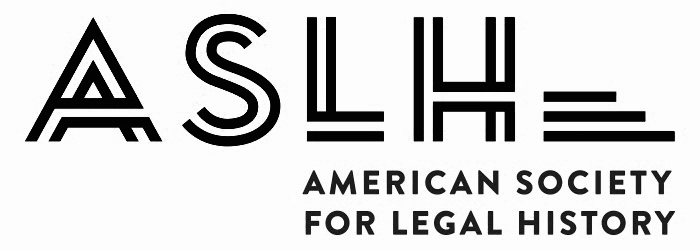Advisory Board & Partnerships

Christopher Bonner
Professor of History , University of Maryland
Professor Bonner teaches courses covering African American politics and culture, slavery and emancipation in the Atlantic world, the transformations of the United States during the nineteenth century, and race and ethnicity in early America. Originally from Chesapeake, VA, he earned his B.A. from Howard University and Ph.D. from Yale University.
Christopher Bonner specializes in African American history and the nineteenth-century United States. He published his first book, Remaking the Republic: Black Politics and the Creation of American Citizenship, in March 2020 with the University of Pennsylvania Press. This book centers free black Americans in the legal transformations of the United States during the mid-nineteenth century. Black people from across the antebellum free states used citizenship in their public demands for rights and protections, and their political work helped spur and shape the development of citizen status. African American protest helped to make citizenship a legal status that connected individuals to the federal government through a bundle of rights and obligations. The book links antebellum black politics to Reconstruction-era constitutional developments and considers the ways black people grappled with the limits of formal legal change. Prof. Bonner is currently at work on a project considering how enslaved people navigated commercial networks as they sought to purchase freedom in the early nineteenth century.
His work appears in the collection New Perspectives on the Black Intellectual Tradition (Northwestern University Press, 2018). Prof. Bonner’s contribution, “Runaways, Rescuers, and the Politics of Breaking the Law,” uses stories of fugitive slave rescues to examine popular black protest strategies and the implications of lawbreaking as a political form. He has also written a chapter on African Americans’ responses to the Dred Scott decision for the collection Emancipations, Reconstructions, and Revolutions, edited by David Waldstreicher and Van Gosse, to be published by the University of Pennsylvania Press in 2020. His work appears in digital form at Muster, the blog of the Journal of the Civil War Era and at Black Perspectives, the blog for the African American Intellectual History Society. He was a regular contributor at Black Perspectives from 2014 to 2016.
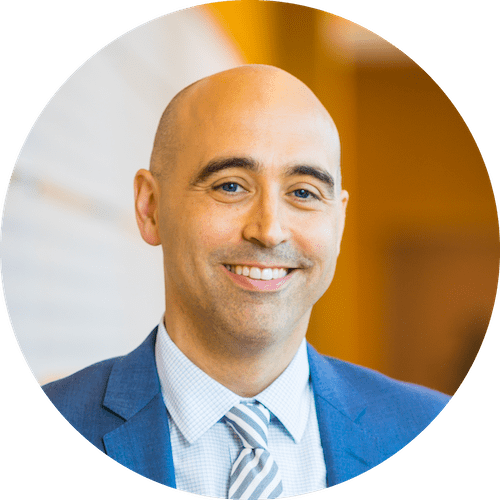
Kevin Butterfield
Director, Kluge Center, Library of Congress
Kevin Butterfield is a historian of American history and, most recently, executive director of the Fred W. Smith National Library for the Study of George Washington at Mount Vernon. Previously, he was the Wick Cary Professor of Classics and Letters at the University of Oklahoma and Director of the Institute for American Constitutional Heritage and Constitutional Studies Program. His first book, The Making of Toqueville’s America: Law and Association in the Early United States (Chicago, 2015) won the William Nelson Cromwell book prize from the American Society for Legal History in 2016.

Barry Gaspar
Professor of History, Duke University
Barry Gaspar concentrates on comparative slave systems, with a special interest in the development of slave society and the evolution of slave life in the United States and the Caribbean. The Atlantic Slave Trade, Atlantic history and culture, the legacy of slavery in post-slave societies, historical geography, colonial British America, and Caribbean and Afro-American history are also fields of major interest. He has published articles on slave resistance and social control. His study, Bondmen and Rebels: A Study of Master-Slave Relations in Antigua, was published by the Johns Hopkins University Press, and he co-edited More than Chattel: Black Women and Slavery in the Americas, published by Indiana University Press. He is currently working on transitions in patterns of slave revolt in the Caribbean and North America.

Kevin R. Hardwick
Professor of History, James Madison University
Kevin R. Hardwick teaches, researches, and writes about the history of British colonial America, the 17th and 18th century English empire, and slavery and the founding of the United States. His publication The American Debate Over Slavery, 1760-1865 has been cited as a “rich collection of significant documents that bring the slavery debate into sharp and illuminating focus. This is easily the best book in its field.”

Leslie M. Harris
Professor of History, Northwestern University
Leslie Harris (Ph.D., Stanford, 1995) has focused on complicating the ideas we all hold about the history of African Americans in the United States; and finding ways to communicate these new ideas to the general public. Her first body of work on New York City challenged the prevailing view of slavery as a phenomenon of the southern United States, with little impact or importance in the north.
Harris is currently at work on a book on New Orleans that uses Hurricane Katrina and her family’s history as a way to interrogate the history of African Americans in the city from the nineteenth century to the present. She also has ongoing research interests in the history of slavery, gender and sexuality in the antebellum U.S. south; and the historiography of U.S. slavery.

Emma Hart
Professor of History,
University of Pennsylvania
Emma Hart Professor of History, Richard S. Dunn Director of the McNeil Center for Early American Studies, and a co-editor of the Penn Press series, “Early American Studies.” She teaches and researches the history of early North America, the Atlantic World, and early modern Britain between 1500 and 1800. Her major research interests lie in urban history, social, and economic history, as well as in the intersections of history, material culture, urban studies, geography and sociology. She has written two books; Building Charleston: Town and Society in the Eighteenth-Century British Atlantic World (UVA Press, 2010/University of South Carolina Press, 2015) and Trading Spaces: The Colonial Marketplace and the Foundations of American Capitalism (University of Chicago Press, 2019). Additionally she has published scholarly articles in, among other places, The William and Mary Quarterly, Early American Studies, The Journal of Southern History, Urban History (where she co-edited a special issue on early modern cities and globalization with Mariana Dantas), Eighteenth-Century Studies, and The Journal of Urban History. Her essays are also part of The Cambridge History of America and the World (2021), and The Cambridge History of the American Revolution (forthcoming).
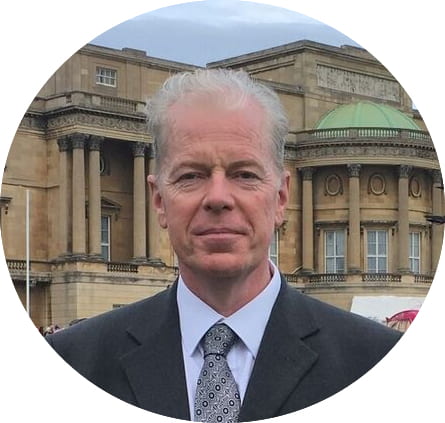
Simon P. Newman
Sir Denis Brogan Professor of History Emeritus, University of Glasgow
Simon P. Newman is a Research Fellow at the IRH at the University of Wisconsin and Emeritus Professor of History at the University of Glasgow. He has published on the popular political culture of the American Revolutionary era, the bodies of the poor in the early American republic, the origins of plantation slavery, and freedom-seeking runaway slaves. Most recently he is the author of A New World of Labor: The Development of Plantation Slavery in the British Atlantic (Philadelphia: University of Pennsylvania Press, 2014), and Runaway London: The Invention of the runaway slave in the English Atlantic World (forthcoming). He is also the co-author of the University of Glasgow’s report into the institution’s slavery links (2018).
Newman is past Vice-President of the Royal Historical Society, and past Chair of the British Association for American Studies.
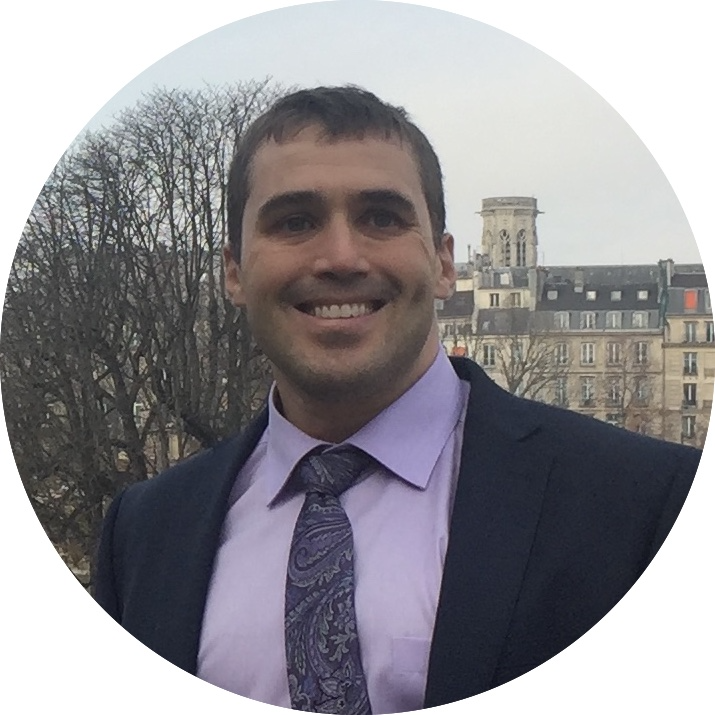
Justin Roberts
Associate Professor, Dalhousie University
Justin Roberts is the author of Slavery and the Enlightenment in the British Atlantic, 1750-1807 (Cambridge University Press, 2013) and Fragile Empire: Slavery in the Early English Tropics, 1645-1720. (Cambridge University Press, 2025). He has published on aspects of plantation slavery in the seventeenth, eighteenth and nineteenth centuries across the Anglo-American world. His work has appeared in a variety of venues, including the William and Mary Quarterly, Slavery and Abolition, Journal of Global Slavery and Historical Geography. He has begun new projects on road building as a tool of imperialism throughout the Atlantic World and on the first Jamaican maroon war. He is also embarking on a more thorough investigation of the relationship between slavery and environmental history.
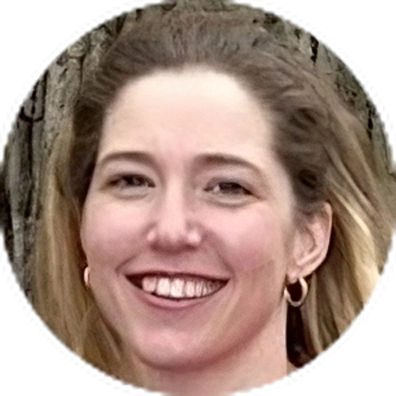
Kirsten Sword
Assistant Professor, Indiana University
Kirsten Sword is an assistant professor in the Department of History; she is a historian of early America in the Atlantic age of revolutions, with particular interests in gender, race and the law. Her central intellectual concern is with the transformation of early modern household relations of dependence from assumed and accepted ways of ordering society into social and political problems. Her IDAH project, Mapping Antislavery, is a geospatial database that tracks Quaker networks, itinerant people of color, antislavery propaganda, and courtroom challenges to slavery during the late eighteenth and early nineteenth centuries. The project maps long-hidden connections among antislavery activists and events, offering fresh perspectives on the rise of antislavery that hold broad significance for multi-disciplinary debates about the emergence of humanitarian social movements.

David Wootton
Professor Emeritus in History, University of York
David Wootton was educated at Cambridge and Oxford. He has published widely on intellectual history in the early modern period, including The Invention of Science and Power, Pleasure, and Profit. He edited John Locke Political Writings. He had a peripatetic career, teaching at a number of British and Canadian universities, and holding visiting appointments at Cambridge, Princeton, and Washington University St. Louis. He has given the Raleigh Lecture at the British Academy (2008); the Carlyle Lectures at the University of Oxford (2014); the Benedict Lectures at Boston University (2014); and the Besterman Lecture at Oxford University (2017). He is emeritus professor at the University of York.
UK National Archives Advisory Board

Amanda Bevan
Amanda Bevan is Head of the Legal Records Team and is a specialist in the records of the courts of Chancery and the Star Chamber in the early modern period.
Since 2013, Amanda has been working on a project to catalog the Prize Papers – papers seized from ships captured in wartime between 1650 and 1815, and submitted to the High Court of Admiralty as exhibits to prove their enemy status.

Charlotte Smith
Associate Professor, University of Reading
Charlotte Smith’s research lies predominantly in legal history and ecclesiastical law where much of her work has explored the impact of church-state relations upon various aspects of clergy discipline and ecclesiastical court reform in the nineteenth century and upon the constitutional status and treatment of the Church of England in the twentieth and twenty-first centuries.
She has also developed her research in ways that intersect with imperial and colonial history, and her research in this area explores the transmission and experience of English law to and in British settler colonies in the nineteenth century and the impact that this has had upon the history and formation of the Worldwide Anglican Communion.
Institutional Partnerships and Support

